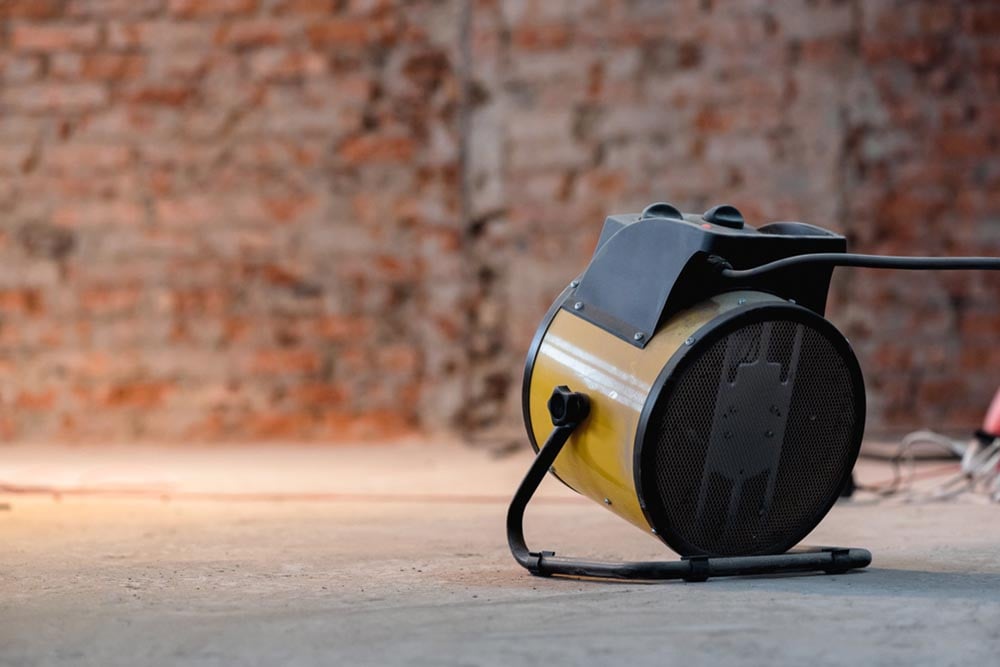Tradie Winter Tips: Keeping Safe and Well in the Cooler Months
Australia is known around the world for its great climate, and for not experiencing the freezing winters that occur in parts of Europe and north America.
But that doesn’t mean it doesn’t get very cold – especially in the southern regions. And even in parts of Queensland it can be bitingly cold on a winter’s morning!
Dealing with the cold at work is more than a matter of discomfort though. Cold in the workplace can have the following impacts:
- Higher risk of fatigue and accidents due to cold stress. For example, having cold muscles can increase the risk of sprains and strains and may also affect coordination of movement.
- Exacerbation of certain conditions – such as bronchitis or arthritis.
- Reduced dexterity from numb or stiff hands and fingers.
- Increased risk of hypothermia – this happens when a person’s core temperature drops too low. If left untreated it can be very dangerous.
Addressing the impacts of cold can improve not only wellbeing, but also productivity at work – making it well worth the effort!
So to help you and your team with this, we’ve put together a list of top tradie winter tips.
Our top tradie winter tips
1. Wear layers of clothing
If you wear a single bulky piece of clothing, you might struggle to cool down if you get too hot. But wearing several layers allows you to adjust your clothing with changes in weather or body temperature.
Suggestions for winter layers include a t-shirt or some light thermals under your regular clothing, a lightweight but warm sweater, and a waterproof hooded jacket over the top. Basically, anything you can easily peel off as you need to can be good.
2. Wear warming accessories
You can experience a heat loss of about 7-10% from your head, according to the Cleveland Clinic. Wearing a winter hat can help prevent this. The best hats for winter are those that are waterproof, wind-resistant and breathable. Suitable materials include wool, fleece, sheepskin and synthetics.
Other winter accessories to consider include scarfs, neck warmers, and anti-slip gloves. And once you warm up from the sun or from movement, all these items are easy to remove.
3. Don’t neglect your feet!
A pair of thick socks can do wonders to improve your comfort in the cold. Also, your footwear should be sturdy with a good tread to help you avoid slipping on wet surfaces. A pair of weatherproof work boots should do the trick.
4. Down tools if necessary
Working in very cold or wet wintry conditions can be fraught with risk. For example, wet or icy surfaces can increase the risk of slip and fall accidents and injuries.
The best thing here is to monitor the situation and to stop work if conditions look too harsh.
5. Adjust work schedules if possible
In the dead of winter, it might be a good idea to adjust your schedule to fit with daylight hours. Working in daylight is safer than in the dark.
6. Boost the warmth with some heaters
If your work is being done under cover or outdoors, consider hiring our area heaters for covering a large space, or our smaller, more portable infrared heaters that are practical when moving around any worksite.
7. Warming and nutritious foods
Nothing beats a hot drink or meal when the weather gets really cold. A thermos with hot coffee or soup can warm you up on a cold winter’s day and help you thaw out! An electric urn or food warmer are the perfect options for keeping your food and drinks warm all day on any worksite.
A healthy diet (one with plenty of lean proteins and vegetables and fruits) can also support the immune system and help improve resistance to those winter bugs! So make the effort to eat a nutritious lunch during your workday, at least as much as possible.
The winter months can be tough on worksites, but there are plenty of things you can do to stay comfortable and safe, despite the conditions.

